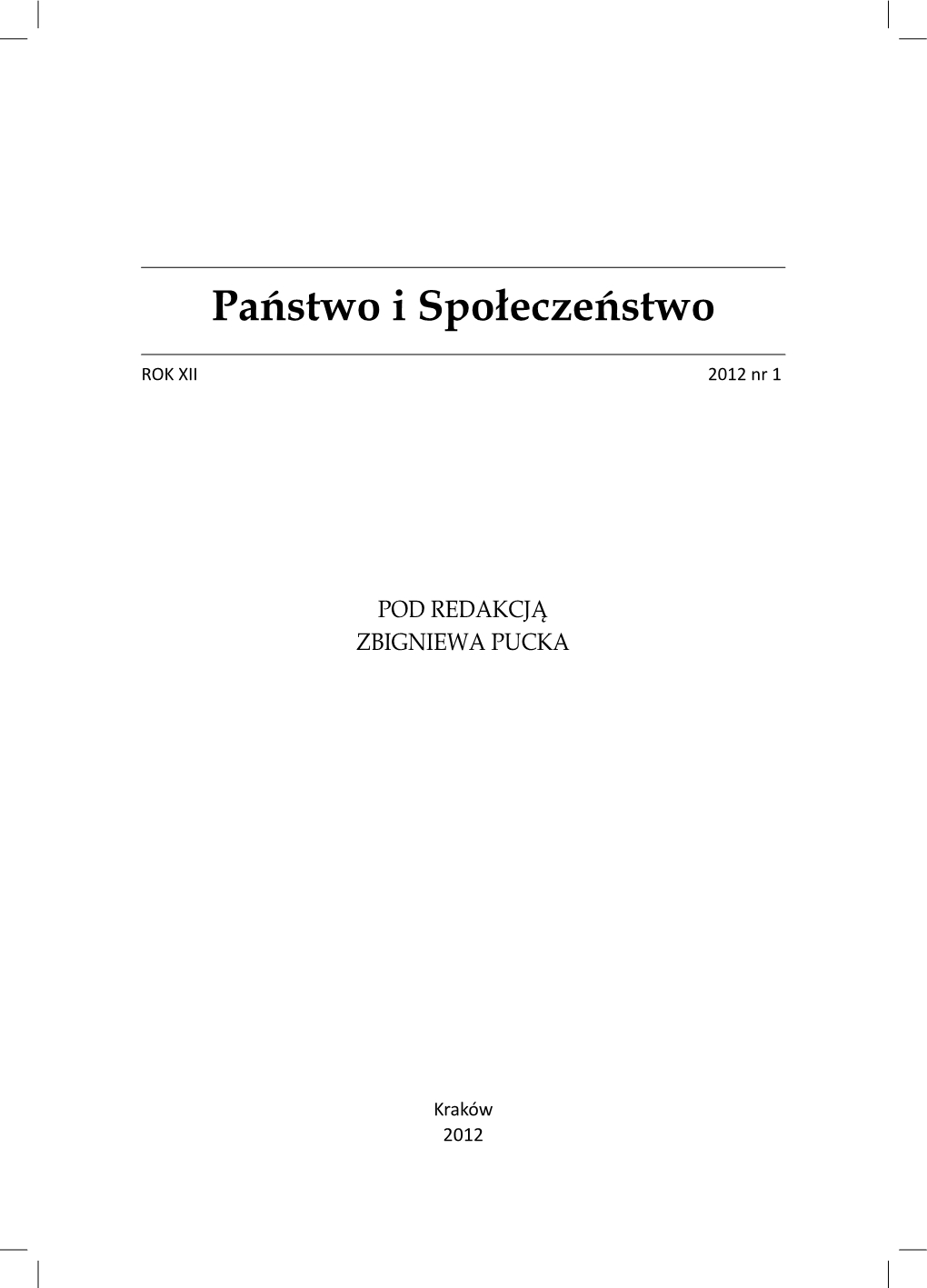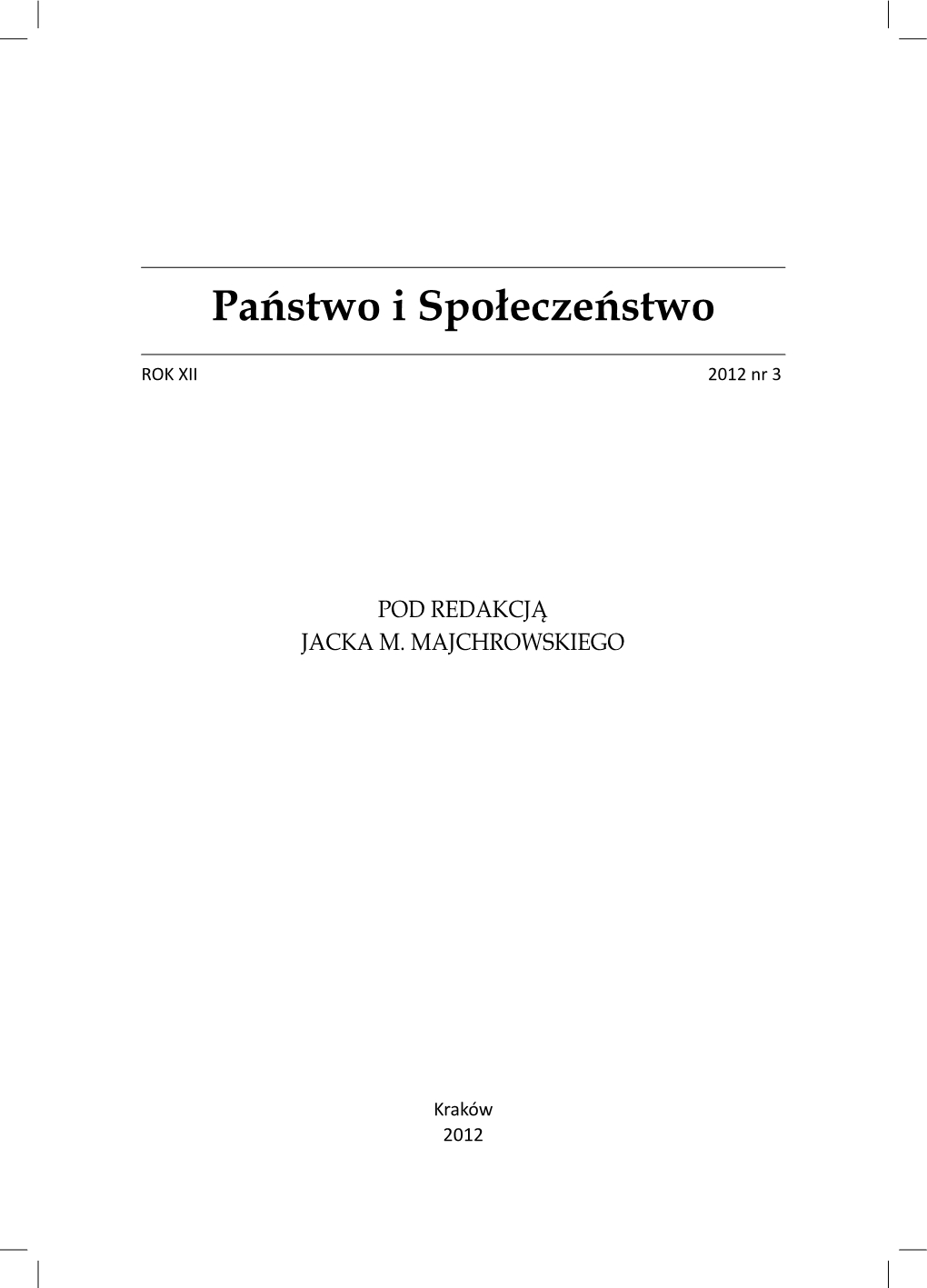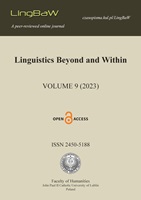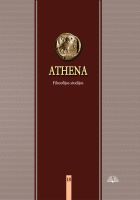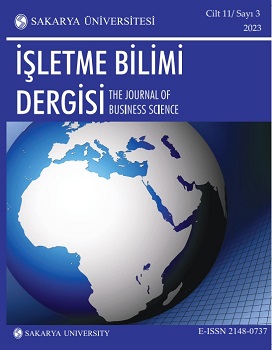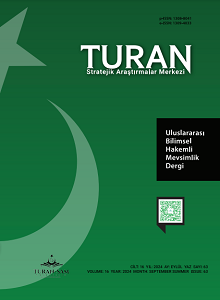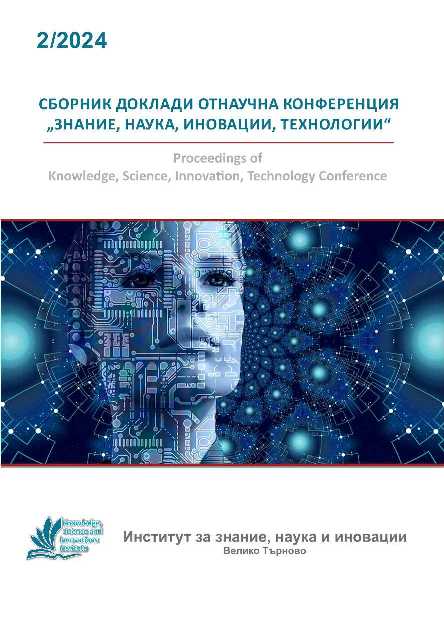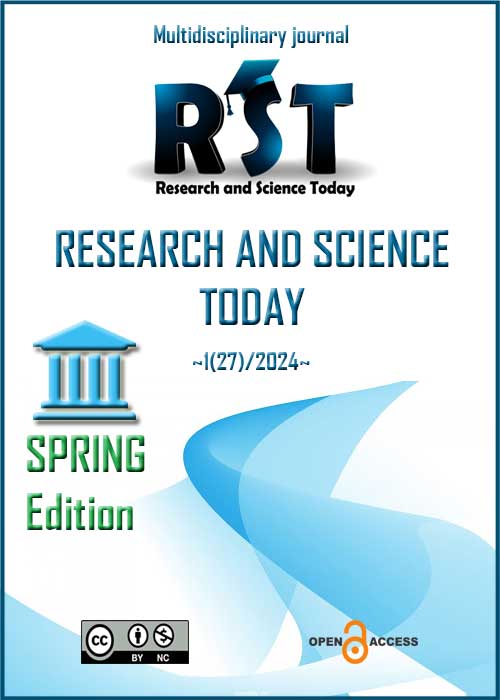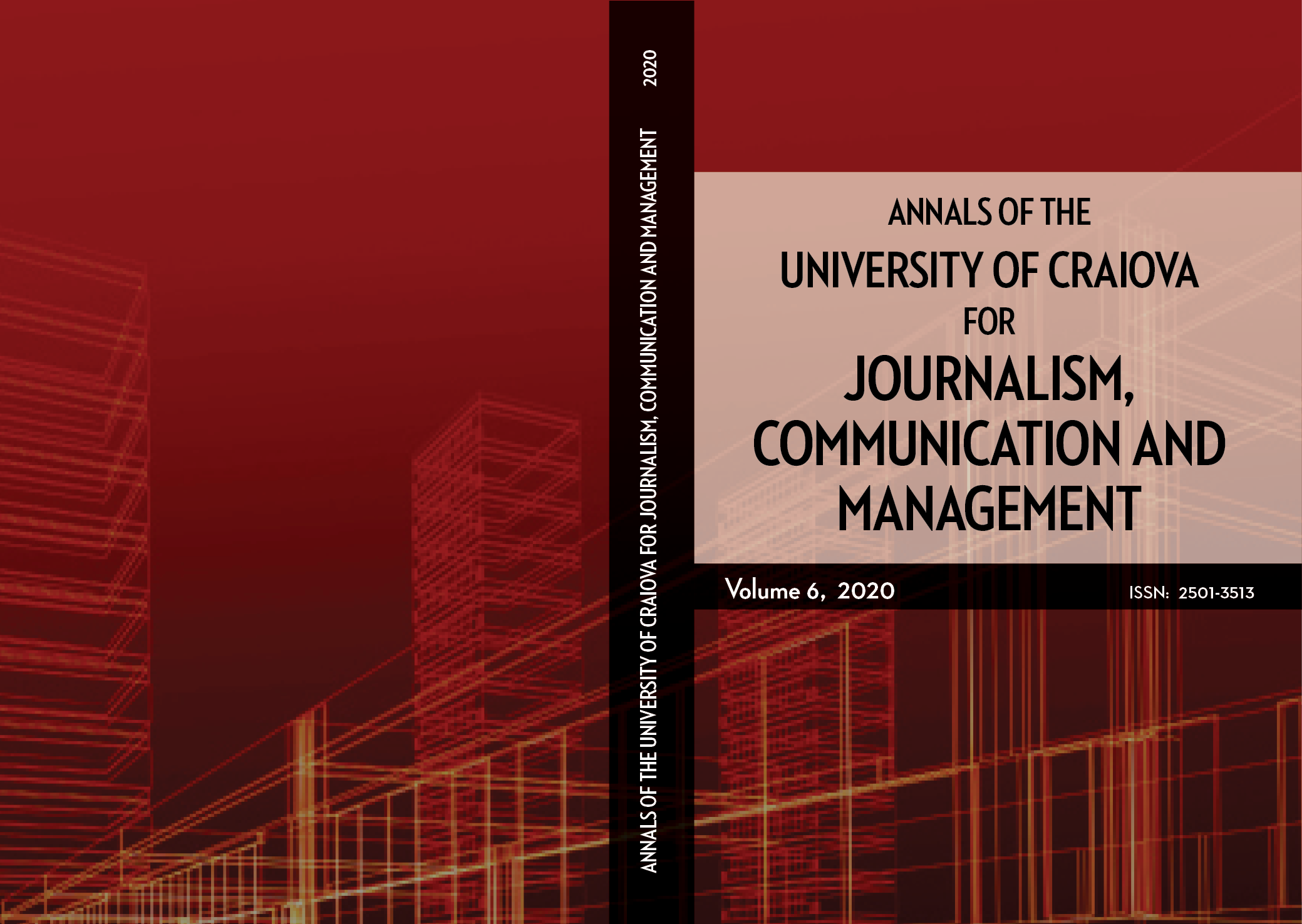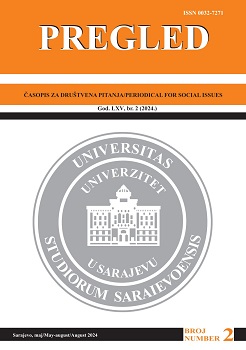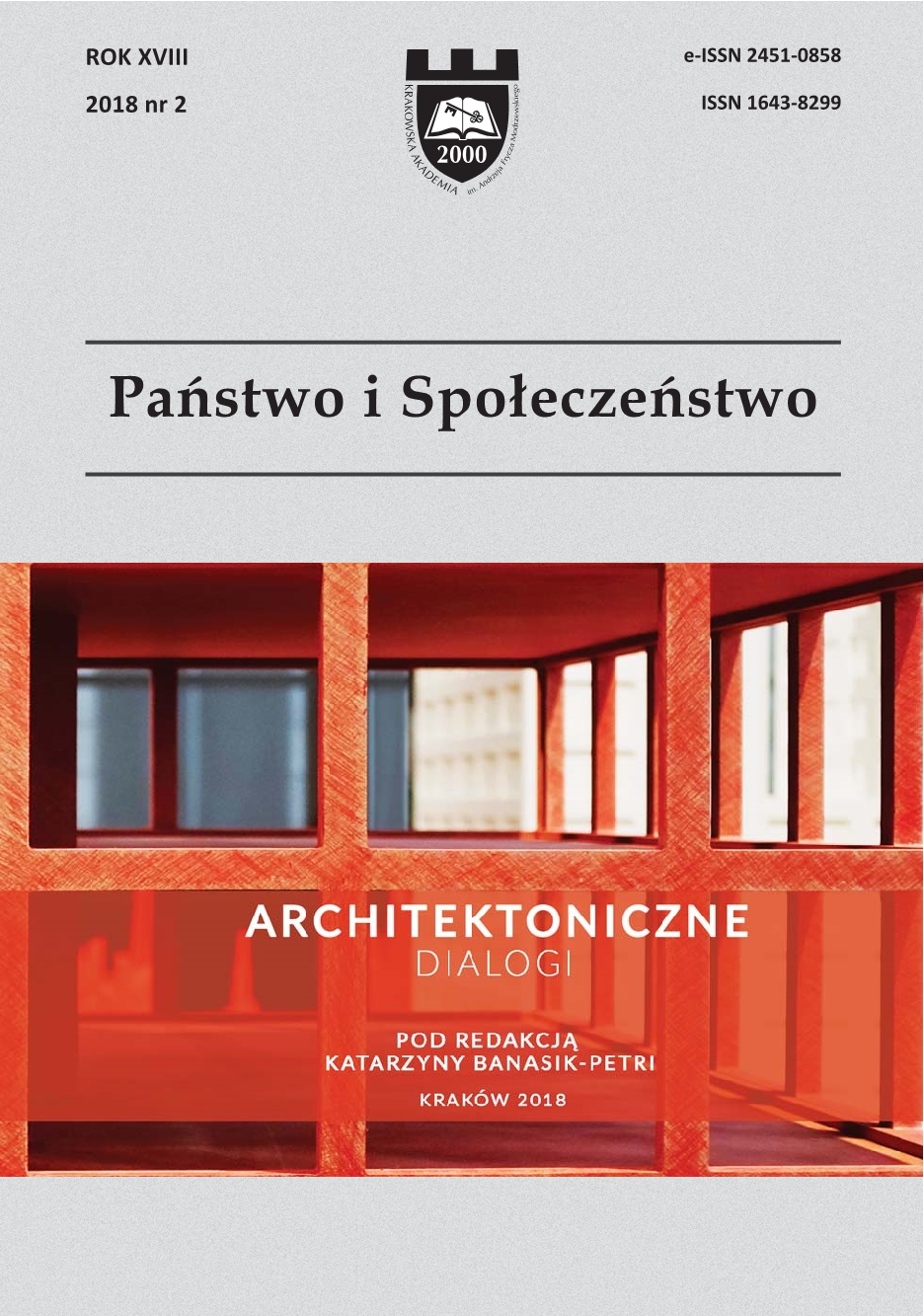
Przestrzenie publiczne – zbudowane ramy dialogu społecznego
This article is aimed at analysing the phenomenon of creation and functioning of public space as a constructed framework of social dialogue. Conflict is an important element of the dialogue whereas congregations such as rallies, marches or picketing, which are supposed to be collective manifestations of opinion on important social matters, are direct forms of expression of the dialogue. Places which offer possibilities of unrestrained civic expression are immanent parts of the urbanity phenomenon. A brief review of examples that represent existing types of public space in which civic liberties are pursued in practice is supposed to help find an answer to a question whether contemporary semi-public space (e.g. airports) is capable of considering also this type of space in its development plans. The events of the second decade of the 21st century at airports in Germany, Great Britain, the USA and Poland give some hope. However, there are certain reasonable fears that they may not be permanently incorporated into functional and spatial models of airports that have recently aspired to construct buildings typical of urban space. The progressive process of space commercialisation and privatisation, the tendency to extend supervision and control zones and the existing model of airport management based on neo-liberal entrepreneurship are not conducive to this. One should also wonder whether public space open to free expression would not be the socially expected and favourable form of humanisa on and a method for introducing manifestations of genuine life into homogeneous forms of communication nodes.
More...
